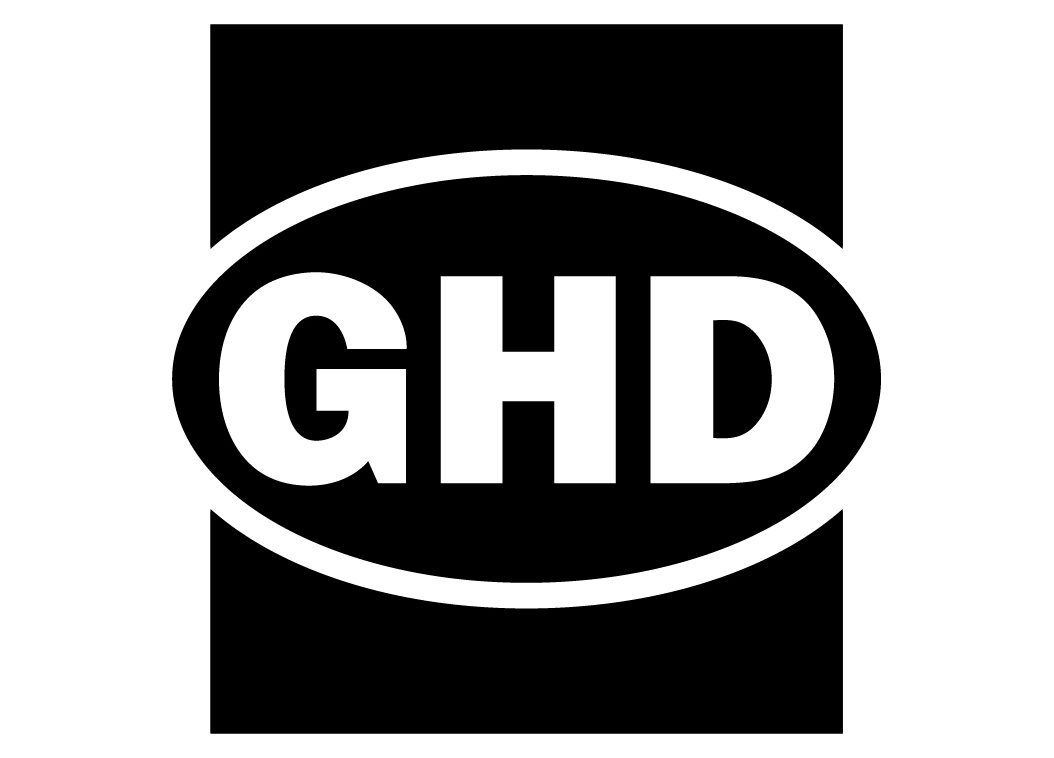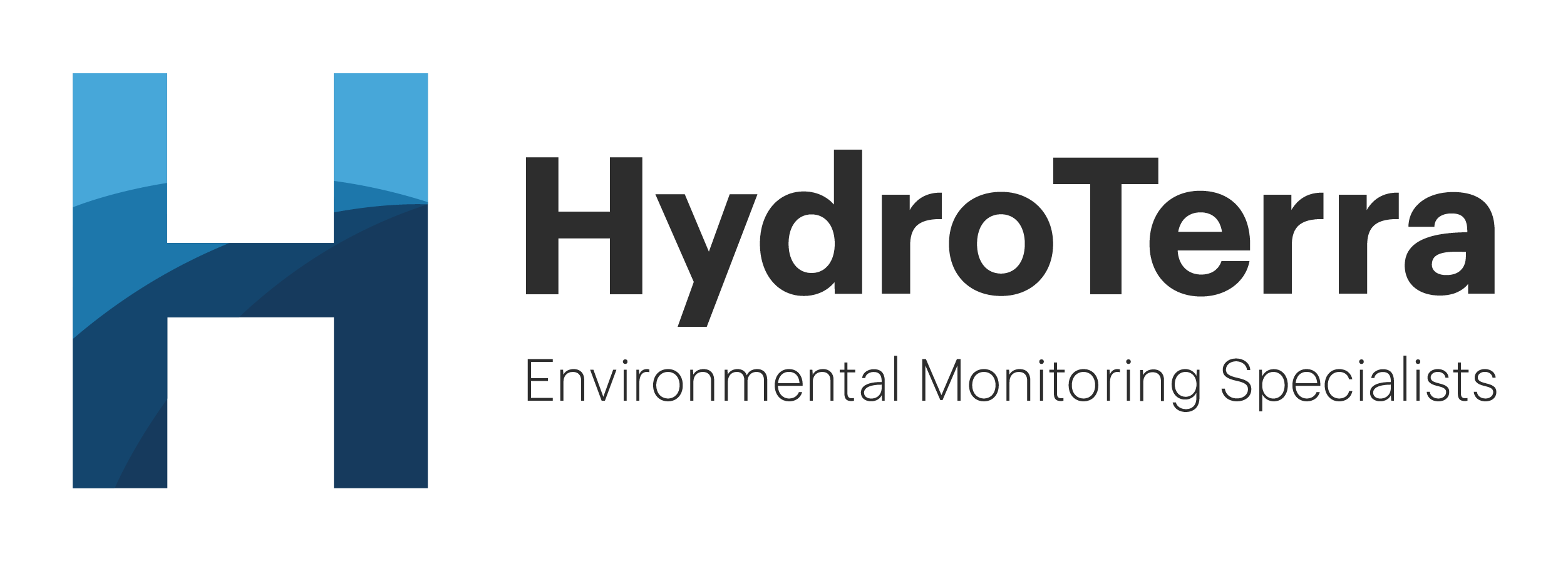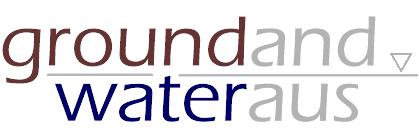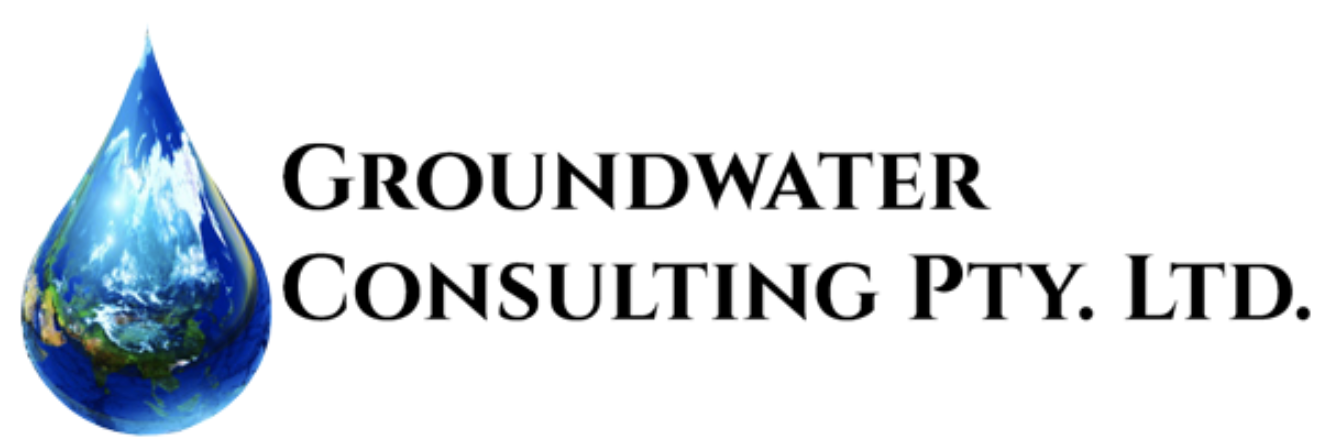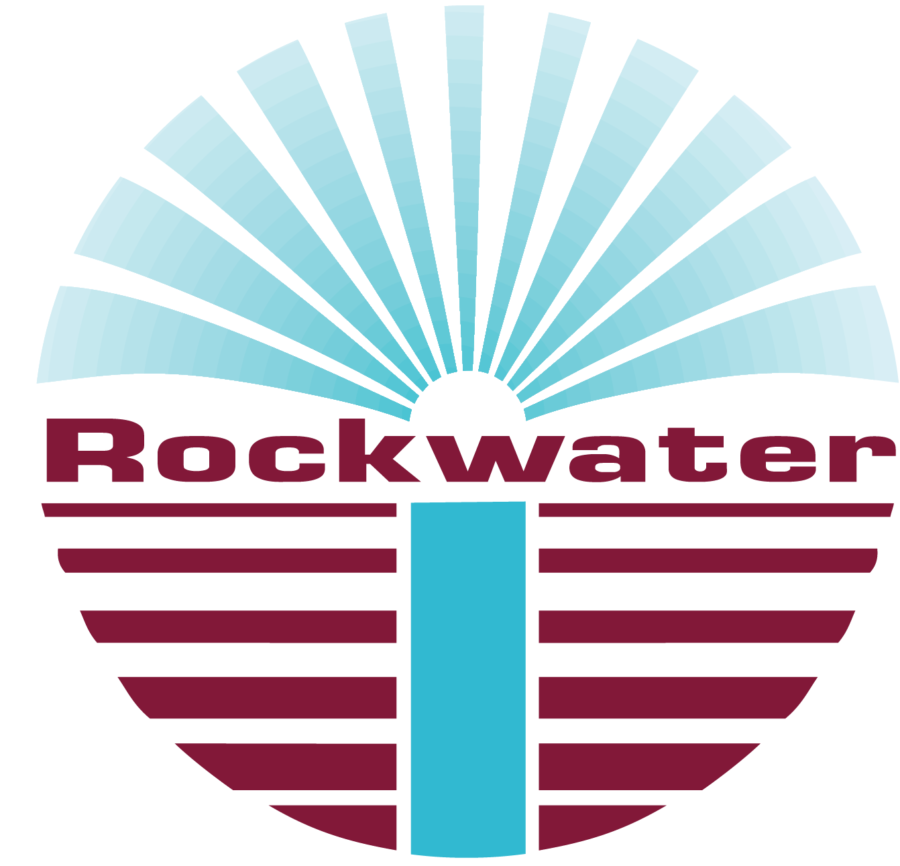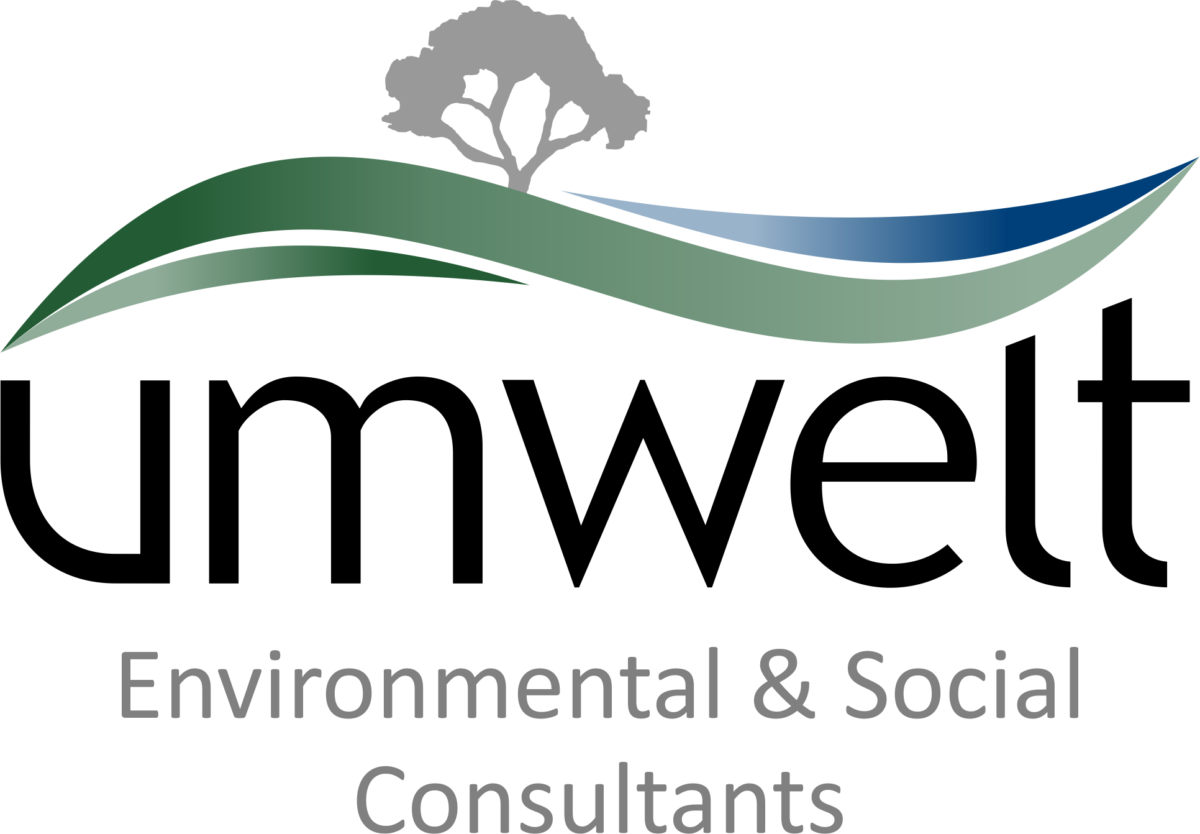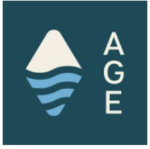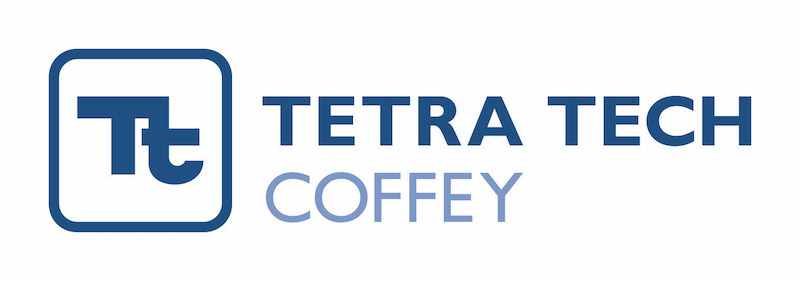An opportunity to improve hydraulic characterisation for contaminated site investigations
Presented by Stefan Charteris – GHD Pty Ltd
Produced by: IAH NSW
Date: Tuesday 14 May 2024
Time: 17:30 for an 18:00 start
Where: AECOM Office – 420 George Street, Sydney, Level 21
Online: Teams
Abstract
Contaminated groundwater site investigations primarily focus on characterising soil and groundwater quality to understand human health and ecological risks. The assessment of hydraulic conditions (the hydrogeological component) becomes relevant during later stages of assessment when an understanding of the hydraulic conditions of the underlying aquifers is needed to assess risk to offsite receptors and inform the design of groundwater remediation systems. Due to a delayed requirement for hydraulic data it often becomes a site investigation afterthought, which can result in a limited assessment of site hydraulic conditions.
Low flow purge methods used for collecting groundwater quality samples, and sometimes well development, during contaminated site investigations provide an additional opportunity to improve hydraulic characterisation that is often missed.
This study assesses the applicability of using groundwater purging and development data to provide an increased understanding of a site’s hydraulic status. The study includes more than 50 wells located across more than ten sites in NSW that are screened within unconsolidated and consolidated lithology. It includes the calculation of specific capacity from purging and well development data and converting the results to hydraulic conductivity using standard equations in the available literature.
The results are compared with slug testing data collected from the wells to critically assess the applicability of using specific capacity to improve hydraulic conductivity characterisation across contaminated sites. The study also explores the applicability of the specific capacity method across different lithologies and whether alternative relationships can be developed to estimate hydraulic conductivity from specific capacity data. It also proposes alternative field methods that can be adopted on a site-by-site basis to reduce uncertainty in the adoption of the specific capacity method for estimating hydraulic conductivities while improving spatial characterisation.
Bio
Stefan has 24 years’ experience as an environmental scientist, hydrogeologist and groundwater resource/contamination modeller. Stefan has extensive experience in undertaking, project managing and providing technical input for contaminated land and groundwater characterisation projects; risk assessment and groundwater flow, fate and transport modelling projects; land remediation projects; groundwater impact assessments for major infrastructure and mining projects and groundwater resource investigations.






